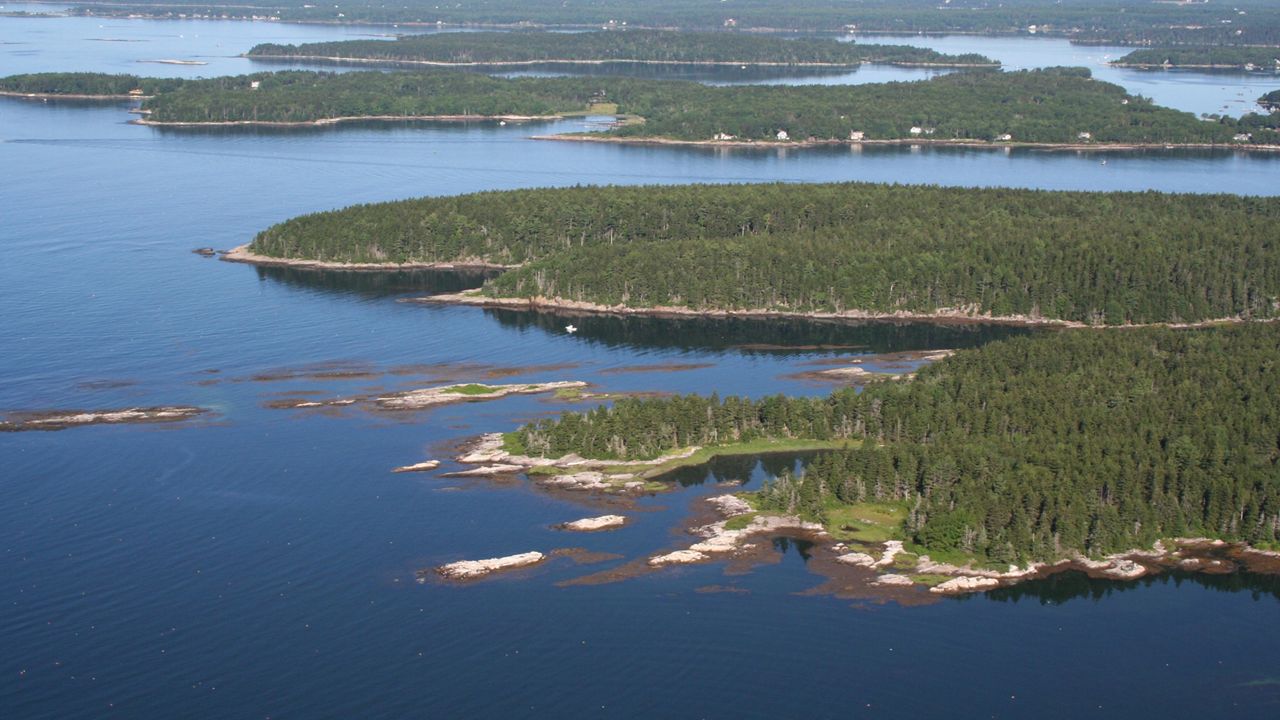Malaga Island, the site of one of the darker chapters of Maine’s history, is now listed on the National Register of Historic Places, according to a statement from the Maine Coast Heritage Trust.
The island was first officially listed on the register on Sept. 19. According to the statement, released this week, the move comes after three years of work. The register, according to the statement, is “designed to coordinate and support public and private efforts to identify, evaluate, and protect America's historic and archeological resources.”
The 42-acre island, located off the coast of Phippsburg, was once home to a mixed-race fishing community. In a move decried by activists and historians as an act of racism, the state government forcibly removed the settlement from the island in 1912.
“Malaga Island is sacred to the descendants of those who were evicted over 100 years ago,” said Marnie Voter, a relative of a Malaga Island descendant now living in Windham, who supported the island being added to the register. “I have watched the story of what happened on Malaga unfold over 50 years. That I am alive to see this day come is a tremendous blessing.”
Today, Malaga Island is preserved by the trust and open to the public. Caitlin Gerber, the trust’s Southern Maine Conservation Easement Steward, began working to get the island listed on the register at the behest of Voter and other descendants.
“Their overall support of the nomination, attendance at the nomination presentation, and input on various drafts has been instrumental to this process,” she said. “It feels symbolic that just over 20 years ago the story was hidden away and wasn’t spoken of. This gives the generational trauma that the descendants experience legitimacy on a big scale and highlights the story, showing it will never again be forgotten or brushed under the rug.”



